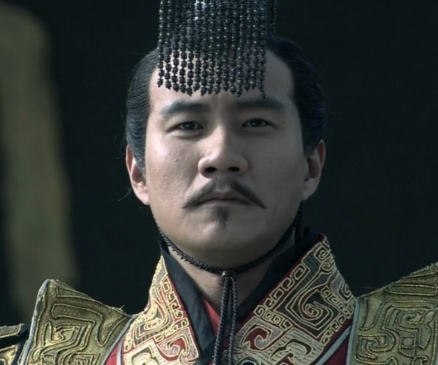The East India Company, once a commercial empire that galloped across the globe during the colonial era, was remarkable for its immense strength and influence. As the vanguard of the expansion of European powers such as Britain and the Netherlands in Asia, the East India Company not only achieved tremendous success in the field of trade, but also demonstrated significant power in politics and military affairs.

The strength of the East India Company was first embodied in its trading network. By establishing a series of trading posts and colonies, it monopolized trade with Asia. Whether it was spices, silk, tea, or porcelain, the East India Company was able to transport these goods to European markets continuously through its vast fleet and efficient trading network, thus earning substantial profits. This trade monopoly rendered the East India Company economically unparalleled.
Beyond trade, the East India Company also exhibited significant power in politics and military affairs. It possessed its own army and fleet, capable of negotiating and waging wars with local rulers. In necessary cases, the East India Company could even occupy territories directly and establish colonies, thereby ensuring its economic interests and status in the region. This political and military power made the East India Company a formidable force in Asia.
The influence of the East India Company was also profound in local society and culture. It not only transformed local trade patterns and economic structures, but also introduced European culture and values. The presence of the East India Company facilitated more frequent and profound exchanges between the East and the West, promoting cultural integration. Additionally, it laid the foundation for later colonialism and imperialism, exerting a profound impact on world history.
However, the strength of the East India Company also sparked numerous issues and controversies. Its trade monopoly and colonial rule provoked rebellions and resistance from the local people, leading to numerous wars and conflicts. Furthermore, the corruption and greed of the East India Company exposed its moral shortcomings and defects. These issues ultimately led to the decline and dissolution of the East India Company, becoming a footnote in history.
In conclusion, as a commercial empire, the East India Company exhibited significant strength and influence in trade, politics, and military affairs. It not only transformed the economic and social landscape of Asia, but also had a profound impact on world history. However, the issues and controversies arising from its strength also merit our deep reflection.
Disclaimer: The above content is sourced from the internet and the copyright belongs to the original author. If there is any infringement of your original copyright, please inform us and we will delete the relevant content as soon as possible.






























